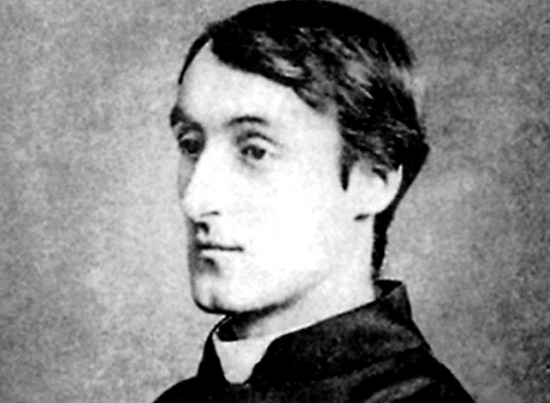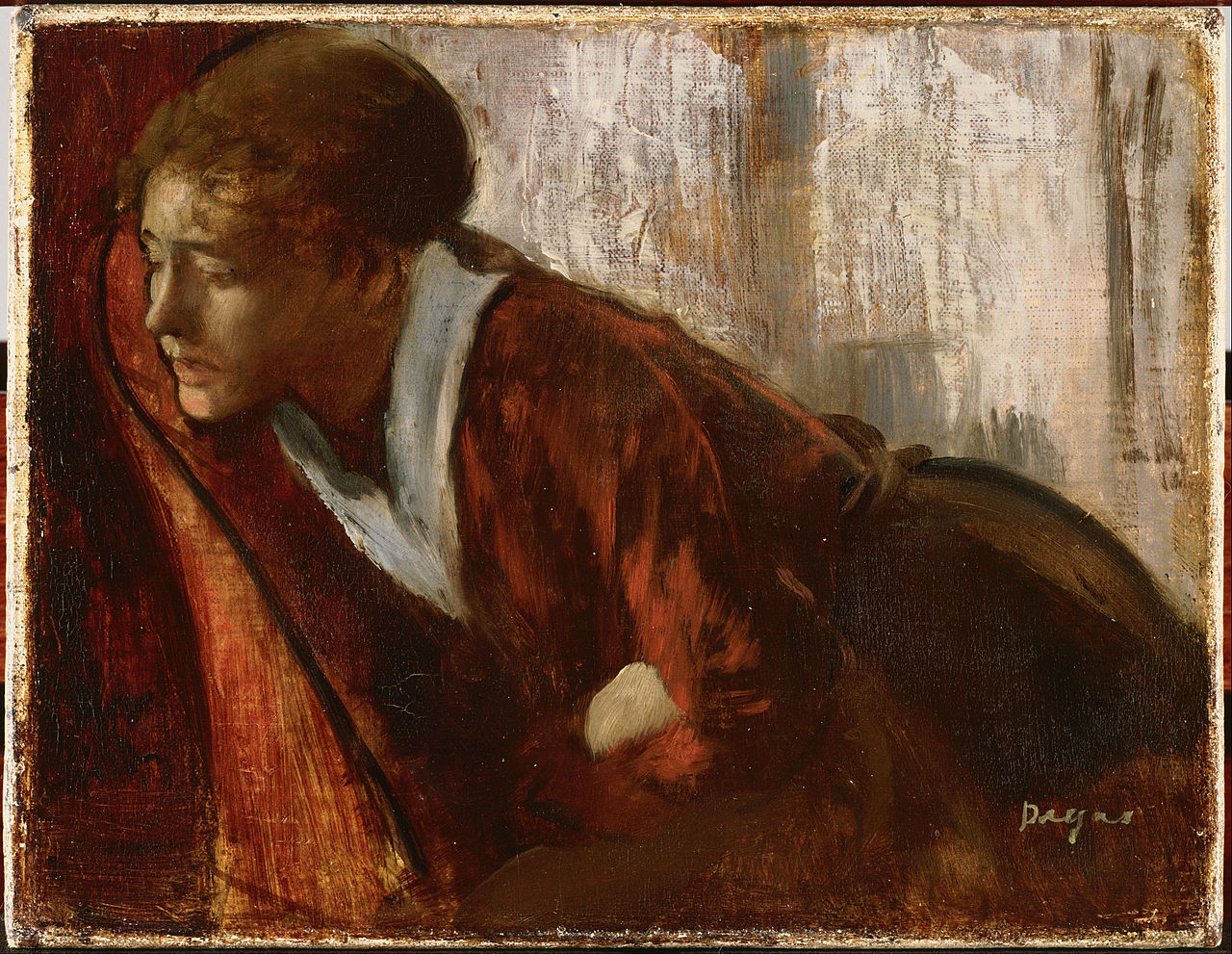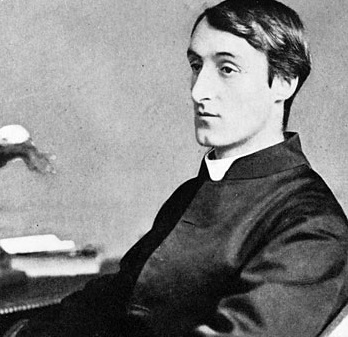Gerard Manley Hopkins- Gerard Manley Hopkins was born in 1844. He wrote prolifically on nature and religion. His mother was devout of the Church of England and was well-read in medicine. She had an impact on her eldest son. The poet’s inclination towards religious texts was also due to the reading of religious texts since childhood. He became one of the famous poets of the Victorian period because of his innovative meter and rhythm construction. He died in 1889 at the age of 44.
Style-
The poem is written in sonnet form. A sonnet usually consists of ten syllables producing five iambs. Iambs are constructed by bringing together one stressed and one unstressed syllable. Here, in the poem, it merges into five iambs, thus concluding into an iambic pentameter. The poem consists of fourteen lines. The classic sonnet was written usually to sing in praise of a legendary figure or speaking of someone you love and adore.
Summary of The Soldier-
The poem is a sonnet of fourteen lines. The poet initiates with a rhetoric question. The poet is confused and is asking for an explanation. The poet wishes to know why does a soldier with his apparel and glory, become an image of praise and dignity. His protection cover is apparent by seeing him wearing the accustomed red coats. But the irony is, the red coats are the fragile part of the soldier as it just covers the body. The apparel doesn’t decide the bravery of the soldier. We form a misconception in our minds that the clothing we wear makes the man proud and responsible. The poet gives an example of an artist who flatters his art when he finishes the work. The poet says it’s a mere fantasy, a paradox to assume the depth by the bigger picture. The emphasis is usually on a “manly” thing as if the act of courageousness is defined by what is on the outside. If we hail for men as soldiers and trust everyone in red coats to be a blessing as a powerful persona, doesn’t it makes the heart proud?
In the second stanza, Hopkins turns his attention to the almighty God, Jesus Christ and calls himself the bravest of all soldiers humanity has ever witnessed. He attributes God to be someone who can “handle a rope best,” as he had protected his children by giving away his own life. The poet says that we, the people lean in his praise. We show our reverence to God because he had saved Us. The poet states that if ever God has to come on earth again in crucial circumstances, he would appear as a soldier. The poet praises the bravery of soldiers which he belies goes beyond the mere apparel. He says that we appreciate soldiers not for wearing classic uniforms but performing limitless jobs to protect their country. Soldiers are the topic of ‘decided’ sympathy and strong will at the same time. The people are always obliged to people with red coats because they are responsible for guarding them against the enemies like God keeps us away from the evil.
Critical Analysis of The Soldier-
The poem is a praise for the soldiers for the devoted jobs they perform for the country. The poem can be subjected to different interpretations. One cannot decide if it was a satire for the soldiers in red coats or the bravery celebration of those who give their lives for the citizens of the country.
Conclusion- The poem is an instrument to give a clear of the background of a soldier. He says that our God, Christ, knew War. He had anticipated War, as our soldiers do, and become a shield to protect the realm they are most devoted to. The poem is a comparison of the duties of Christ and the soldiers. He tries to sketch a line of similarity between the two.
Some online learning platforms provide certifications, while others are designed to simply grow your skills in your personal and professional life. Including Masterclass and Coursera, here are our recommendations for the best online learning platforms you can sign up for today.
The 7 Best Online Learning Platforms of 2022
- Best Overall: Coursera
- Best for Niche Topics: Udemy
- Best for Creative Fields: Skillshare
- Best for Celebrity Lessons: MasterClass
- Best for STEM: EdX
- Best for Career Building: Udacity
- Best for Data Learning: Pluralsight












